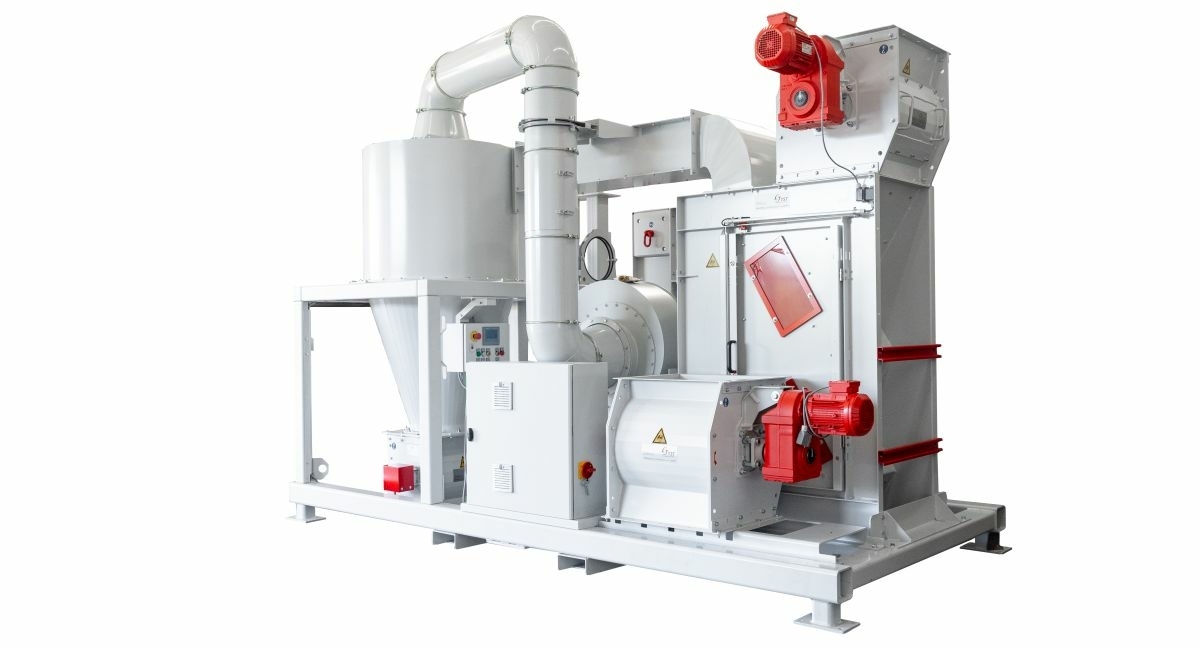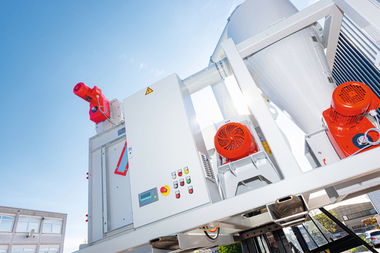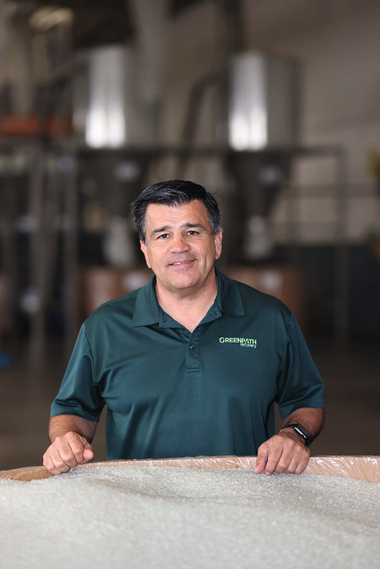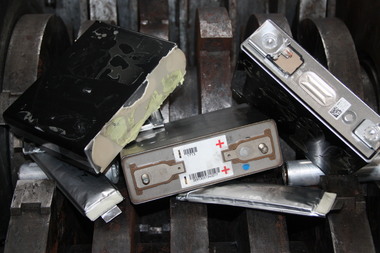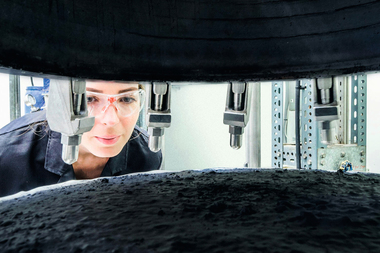TRENNSO-TECHNIK®
TRENNSO-TECHNIK®, based in Weissenhorn/Bavaria, is one of the market leaders for innovative processing technology, and will be exhibiting again at this year’s IFAT in Munich. At the leading trade fair for environmental technologies, the family-run mechanical engineering company will be providing insights into its core competences, separating and sorting for the recycling, bulk materials and food industries.
Battery recycling: the future needs experience and innovation!
In addition to the commitment towards customers to always develop customised, high-quality and sustainable solutions, TRENNSO-TECHNIK®'s globally successful technology is also based on ecological awareness. Protecting the environment, conserving resources, recycling materials - these objectives have never been more important than today! For many consumers, the mobility turnaround and the future of lithium battery-powered cars as the main drive technology also depends on the sustainability of e-cars. This includes battery recycling. Regarding mechanical battery recycling, customers have an experienced partner in TRENNSO-TECHNIK®, who supplies scalable system solutions for optimum sorting qualities.
Clean Recycling: an environmentally friendly and safe process
The dry separation process from TRENNSO-TECHNIK® separates so-called black mass (mainly graphite, cobalt, nickel, manganese), non-ferrous metals (aluminium, copper) and other secondary raw materials, gaining impressive purities. Screening machines, separating tables and air classifiers are efficiently supplemented by highly potent shredding, delamination and balling technology to recover even the smallest quantities of raw materials. The safety of the plant operator is also an important point: dust emissions in the process are minimised. TRENNSO-TECHNIK® supplies the appropriate technology to recover cathode active materials, aluminium, graphite and copper even from recycling production waste, which occurs in large quantities during the manufacture of battery cells. Using special delamination mills, the aluminium content in cathode material and the copper content in graphite can be reduced to the minimum in order to return them to the raw material cycle.
Booth B6, 532

